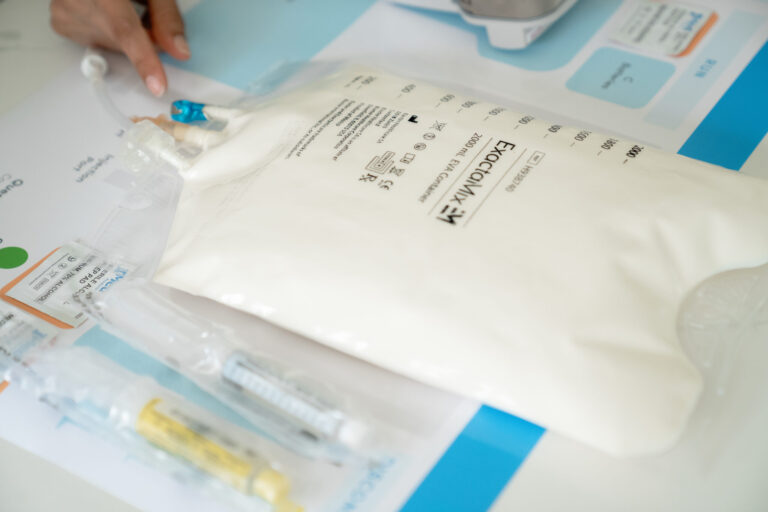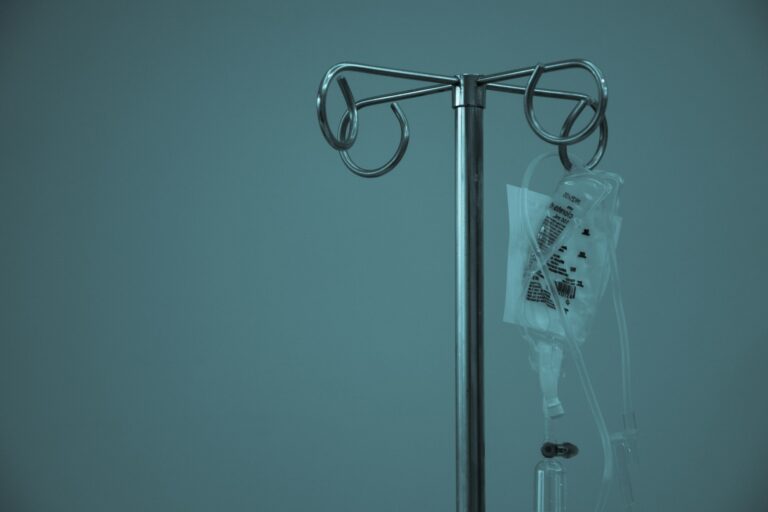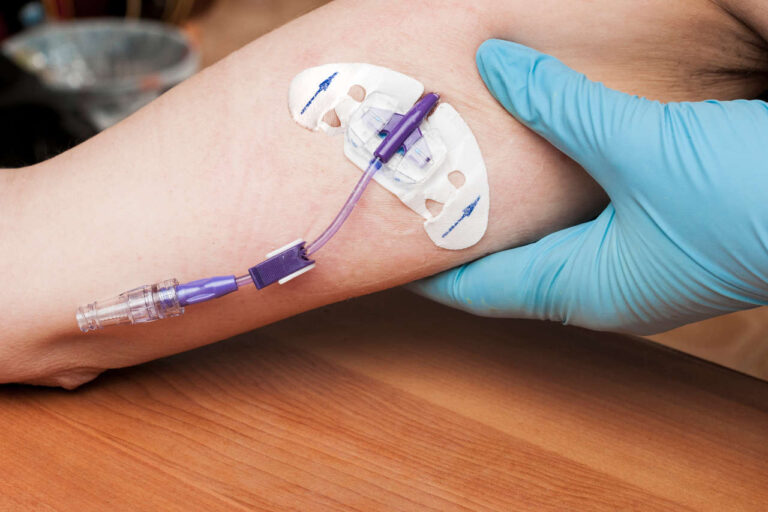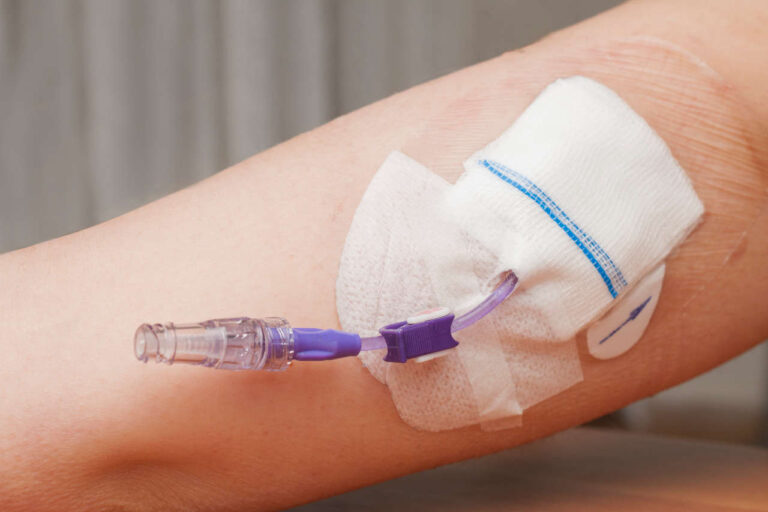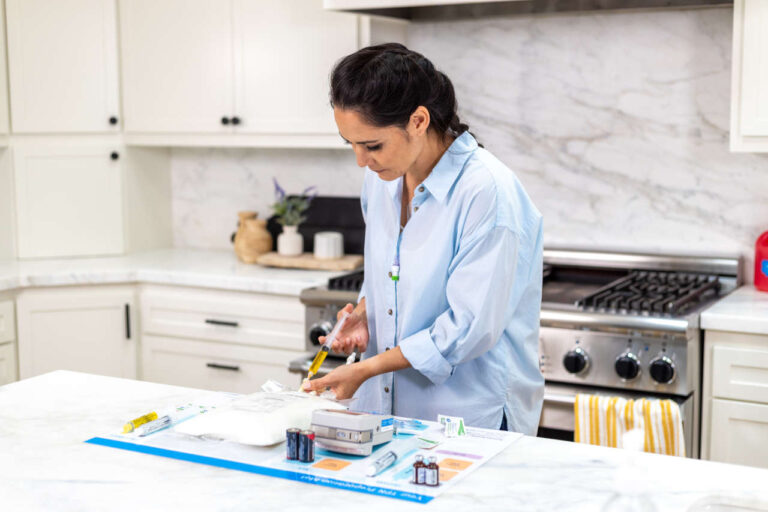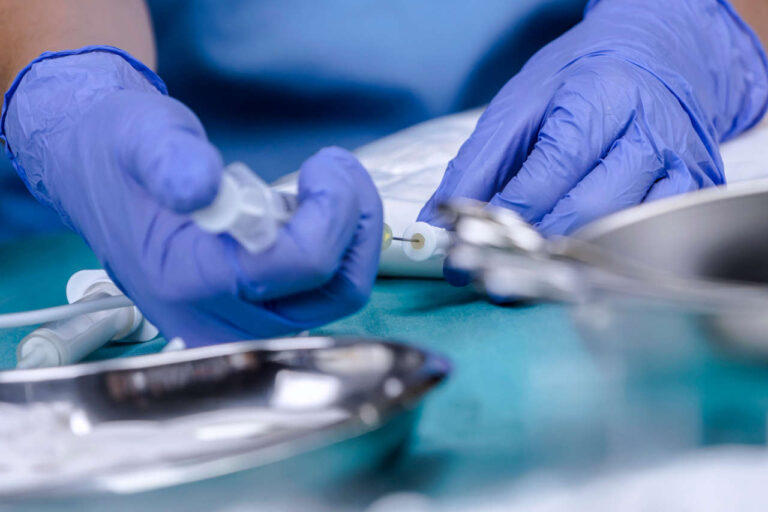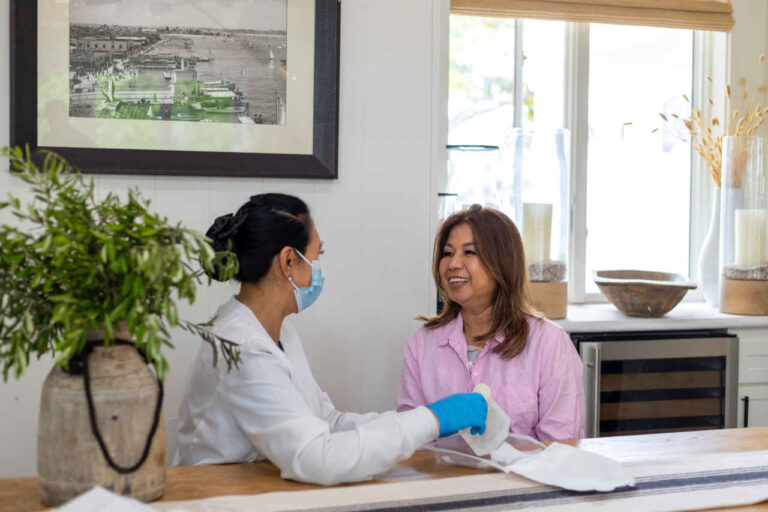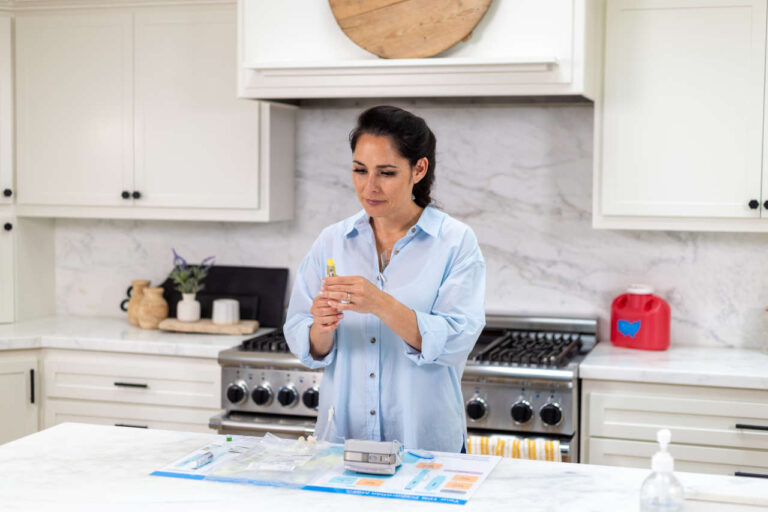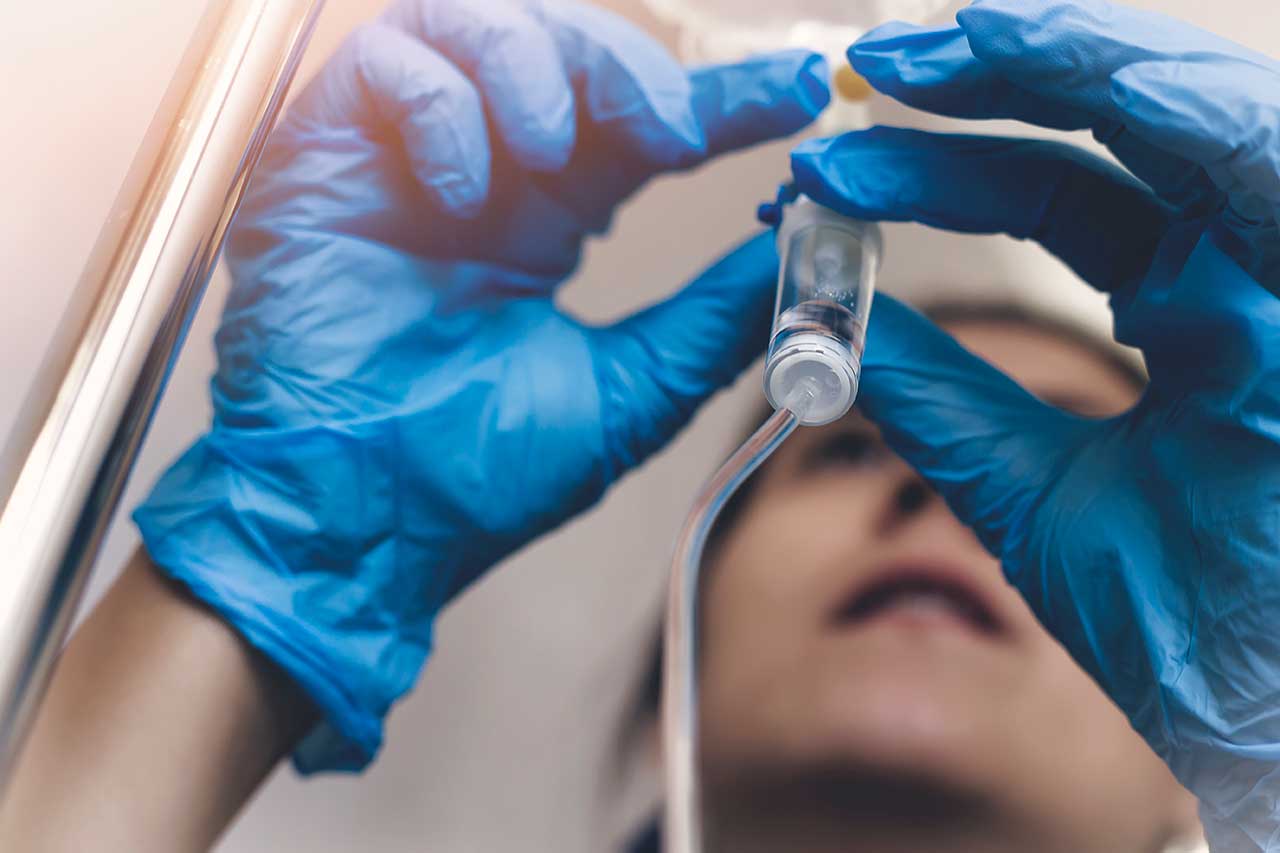
While on home TPN therapy, if you run into some minor complications, you shouldn’t be too concerned as most of these complications can be resolved easily without the need to get help from someone else. This TPN troubleshooting guide lists some possible complications you might face and how you should handle them.
Always in Stock
Full inventory of IV fluids, ready for youThe Medication Is Not Infusing
This problem may arise if any of your clamps, catheter, tubes, or infusion pump are blocked or not properly open.
How To Handle: If the solution is not infusing, recheck all the clamps on the catheter and infusion pump and make sure they are open and in the right position. Also, make sure that your bag is properly spiked, and that the pump has been turned on.
You Experience Fever and Chills During Infusion
You may experience chills and fever during infusion if the infusion medications are too cold (not at room temperature) or if you are having an infection.
How To Handle: If you experience chills or fever, stop the infusion and flush the catheter. Allow the TPN bag to reach room temperature for 2 – 3 hours and start the infusion again. Do not warm it by using any artificial means or by placing it in direct sunlight.
Also, check your site of infusion for any signs of infection like swelling, redness, pain, or bleeding. Contact your doctor right away if you experience a fever of 100.4°F or higher, or see any signs of infection.
The Fluid Is Leaking
The most obvious reason for leaking is a loose connection between the injection cap and the tubing. Another cause may be a broken or damaged catheter or injection cap.
How To Handle: Tighten up the connection between the injection cap and tubing. Make sure all the medical supplies connected together are not loose, damaged, or broken. If you see leakage coming from any part of the catheter, turn off the infusion pump, clamp the catheter properly at the leakage site, and contact your healthcare provider.
Hyperglycemia or Blood Glucose Level Issues
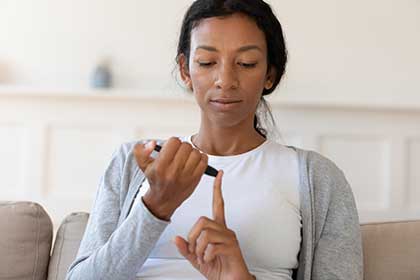
If you experience symptoms such as weakness, headache, unconsciousness, or excessive thirst/urination/appetite, check your blood glucose levels immediately with the help of a glucometer.
How To Handle: Your healthcare provider will set goals for your blood sugar levels; make sure that you are always meeting these goals. If it gets higher or lower than the set goal target, you must notify your doctor right away.
If your blood glucose level is less than 70 mg/dl and you experience symptoms like sweating, nervousness, trembling, dizziness, paleness, and irritability, eat or drink something that has sugar, such as fruit juice. Then consult your healthcare provider. Hypoglycemia may occur if you have taken too much insulin or have abruptly stopped the TPN solution. It can also occur if your TPN formula isn’t adequately providing your daily needed levels of glucose.
Ask About TPN Home Infusion
Fluid Overload
Fluid overload may occur if your body has retained extra fluid or salt. The signs and symptoms you may experience in fluid overload may include:
- Shortness of breath
- High blood pressure
- Swelling in the feet, ankles, or abdomen
- Bulging neck veins
- Weight increasing over the maximum daily weight gain established by your healthcare provider when you started your therapy.
How To Handle: If you experience signs and symptoms of fluid overload, consult your healthcare provider immediately.
Symptoms Related to Nutrition
Nutrition-related symptoms may be caused by several different factors. These issues may include:
- Headache
- Fatigue
- Irritability
- Change to the hair and/or nails
- Muscle cramps
- Dry mouth
- Taste changes
- Any unusual change in your physical or mental state
- Heart fluttering (irregular heartbeat)
- Excessive bruising
- Dryness or rash
- Bone pain
How To Handle: Consult your healthcare provider if you have any of the above symptoms.

